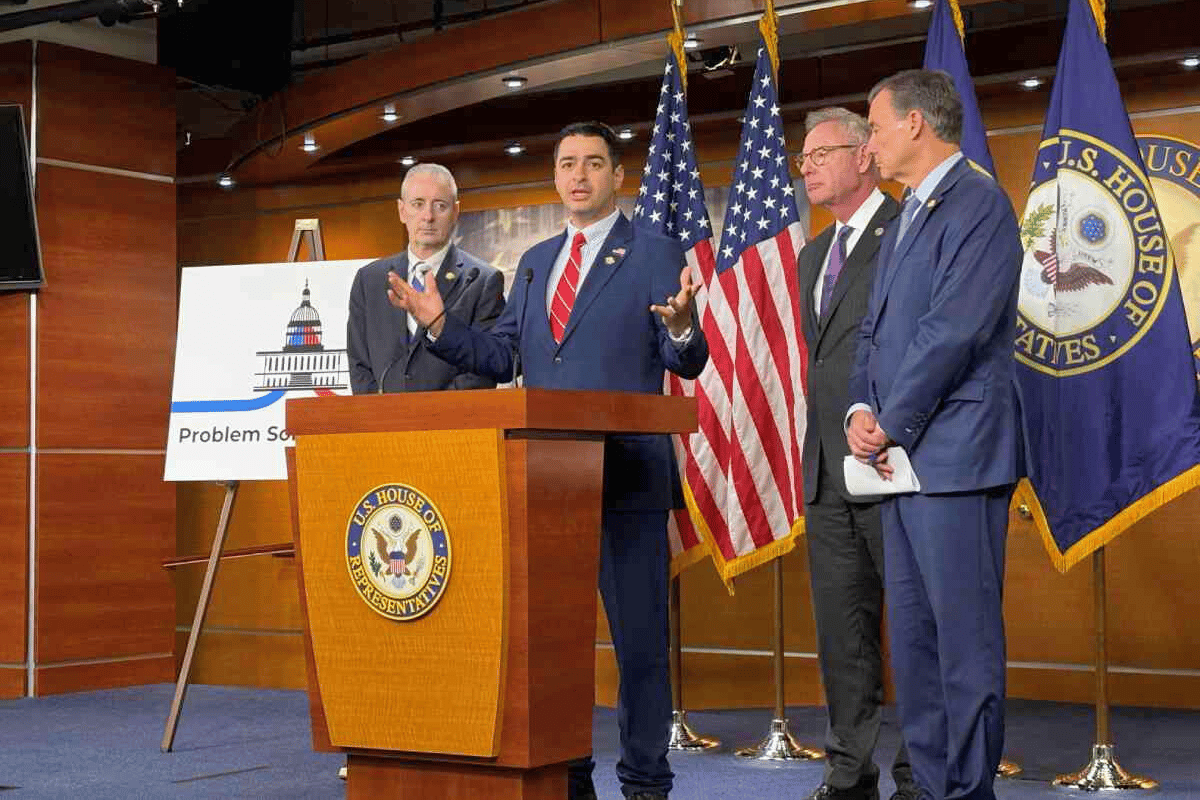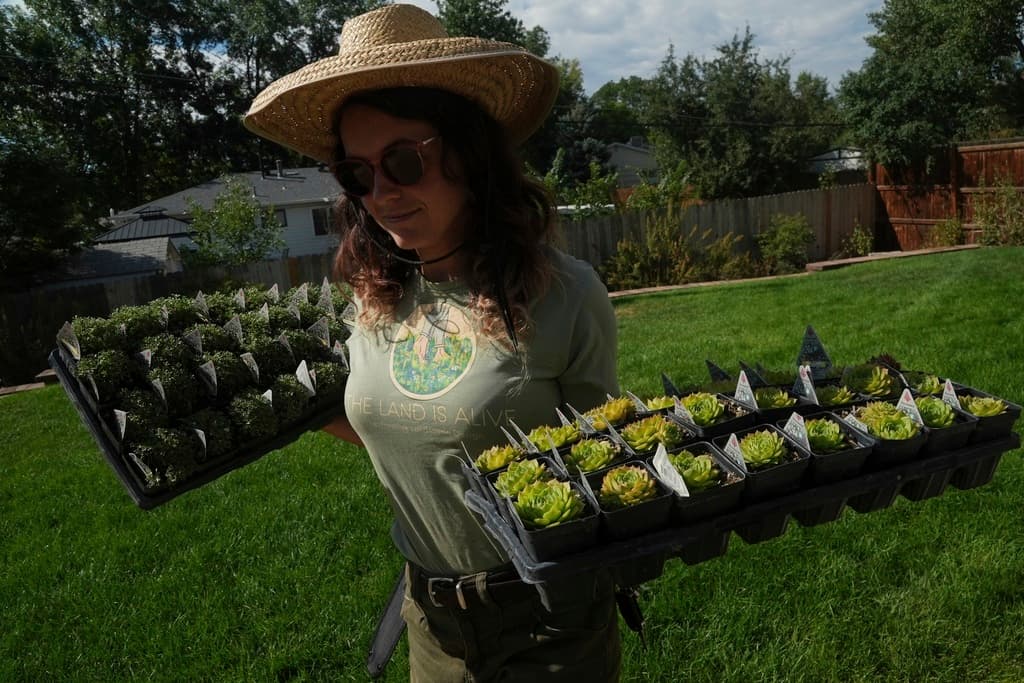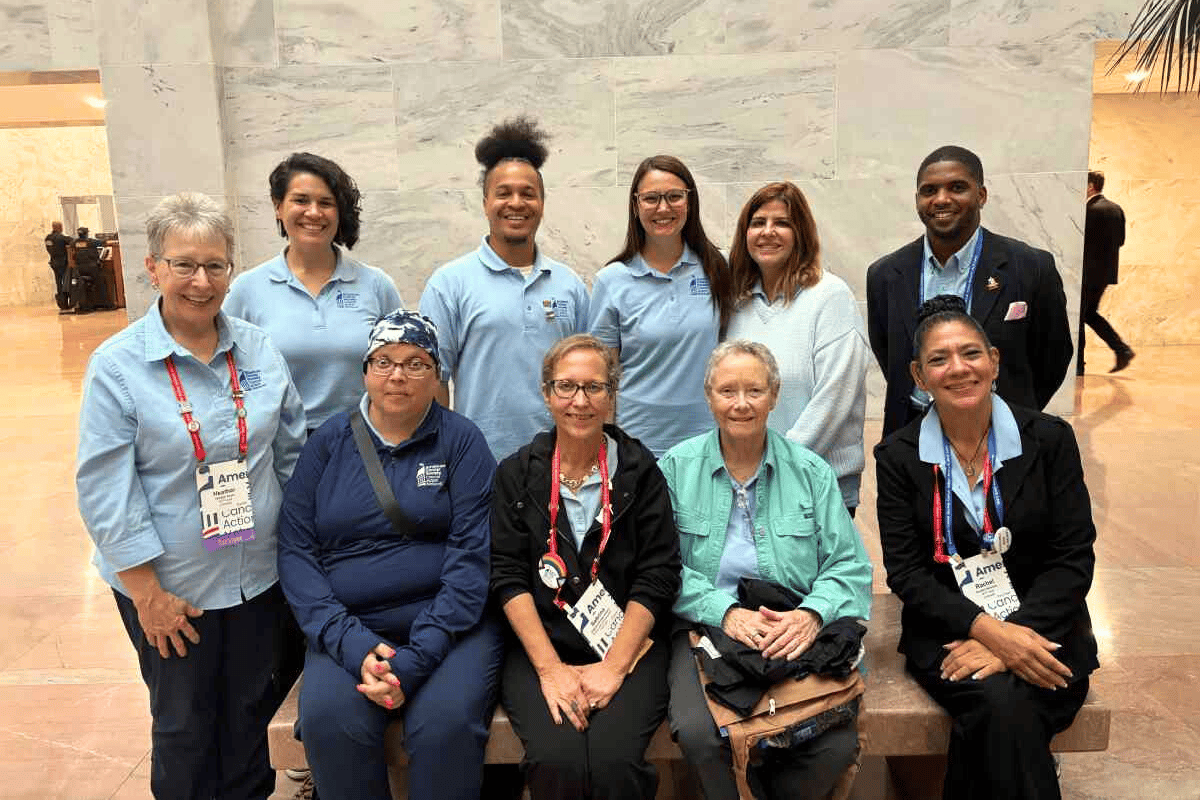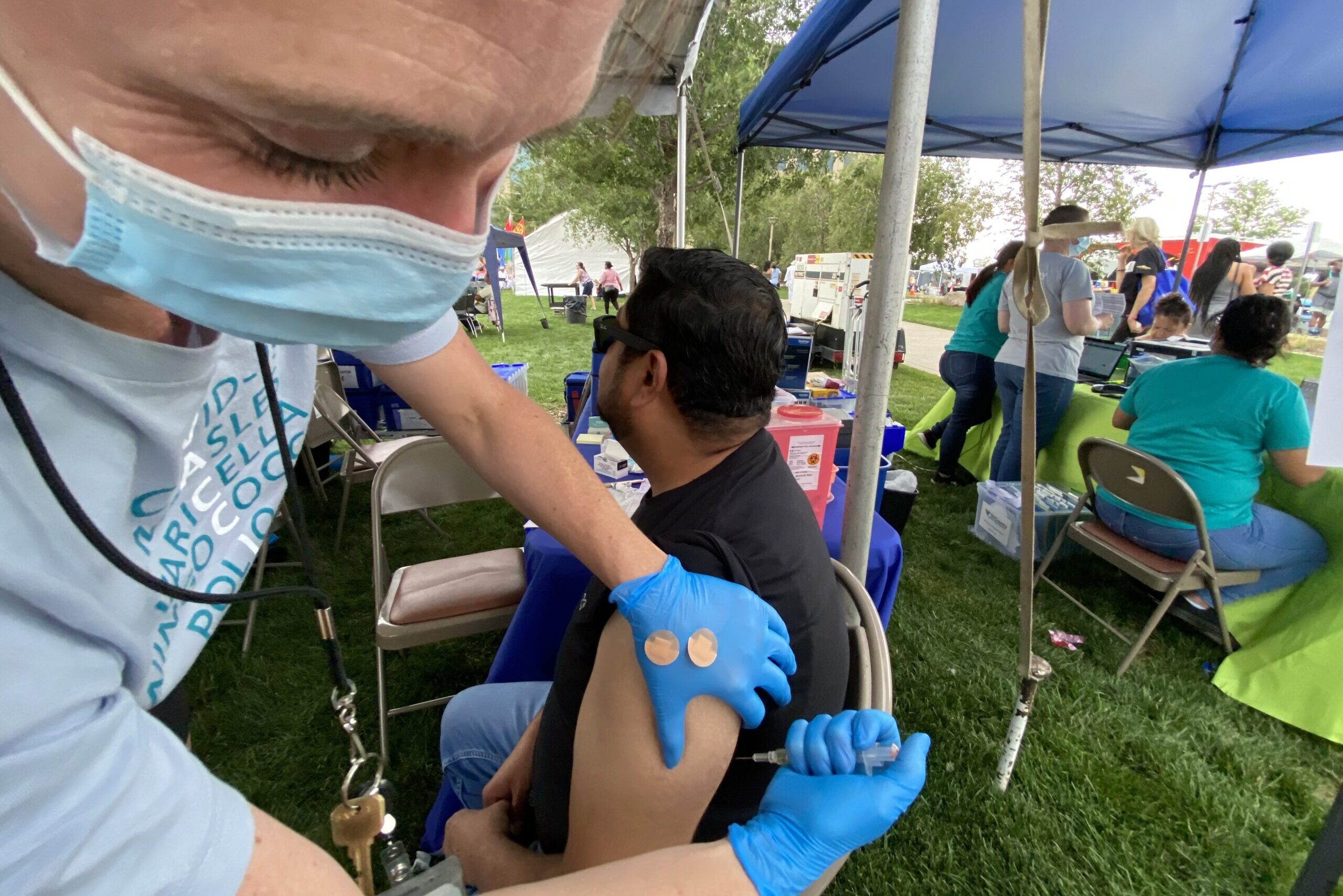Colorado Springs City Council is planning a second vote to form a commission on police accountability in mid-July. The council has held multiple work sessions over the past few weeks to discuss input from community groups on forming the commission.
Deb Walker is the executive director of Citizens Project, a nonprofit organization advocating for equity in Colorado Springs. She's been involved in advocating for police transparency with other community members since the death of De'Von Bailey last fall. She was also a part of a group that traveled to a symposium by the National Association for Civilian Oversight of Law Enforcement earlier this year, which included council member Wayne Williams, Promise Lee and Stephany Rose Spaulding.
KRCC's Elena Rivera spoke with Walker about the work on police oversight over the past ten months and her thoughts on the upcoming commission.
Highlights from the interview:
"Those of us who have had our sleeves rolled up and have been in the work for 10 months now, we're a little confused that the incident that happened in our own community wasn't the catalyst for change."
Can you tell me a little bit about what was happening earlier this year in terms of talks about police accountability in Colorado Springs?
A group of 12 of us went to Austin, Texas, to attend the National Association for Civilian Oversight in Law Enforcement. The intention behind that academic symposium was to really gain some shared understanding of what different models of police accountability and oversight look like in different communities, to learn what works, and what doesn't work, best practices.
So, that was the week before the pandemic really went down. That group continued to meet through the pandemic, to talk about what we could move forward in an official way within the city.
Then George Floyd was killed, which is a terrible tragedy. But those of us who have had our sleeves rolled up and have been in the work for 10 months now, we're a little confused that the incident that happened in our own community [with De'Von Bailey's death] wasn't the catalyst for change.
All to say things got really urgent really fast after the George Floyd killing and you know, so what is true now is that council is moving forward. They have approved on the first reading an ordinance that will create an advisory committee. It's really important to understand that an advisory committee is very different than an oversight body.
What is an oversight committee in comparison to the proposal outline that we have right now?
In very simple terms, because there's many ways that this can be done in different communities, there's generally some sort of body created that is separate from the mayor, that is separate from council, that is separate from the police, and that is truly independent.
So just as it sounds like, advisory committees, they advise council. In our community, council can then relay that to the mayor, but ultimately the [police] chief works for the mayor. That's a few steps removed from actually affecting policing policy at the department. That's a real big concern about the structure that that we've got.
"Now that there's a certain appeasement that has occurred, making sure that our community understands that this is going to be a long journey and that they continually stay engaged and are giving feedback."
What are you going to be keeping tabs on over the next few weeks and months, both in the community response or in the council response?
Now that there's a certain appeasement that has occurred, making sure that our community understands that this is going to be a long journey and that they continually stay engaged and are giving feedback.
Also, ensuring that the selection process for this commission is done in a really thoughtful way that centers voices of color and centers people who are closest to police harm. Then immediately after that, making sure that those bylaws have enough teeth to really make sure that this commission can do the work that they need to do long term.
Editor's Note: The official term is "commission," rather than "committee." We have returned the text and audio to its original form.








